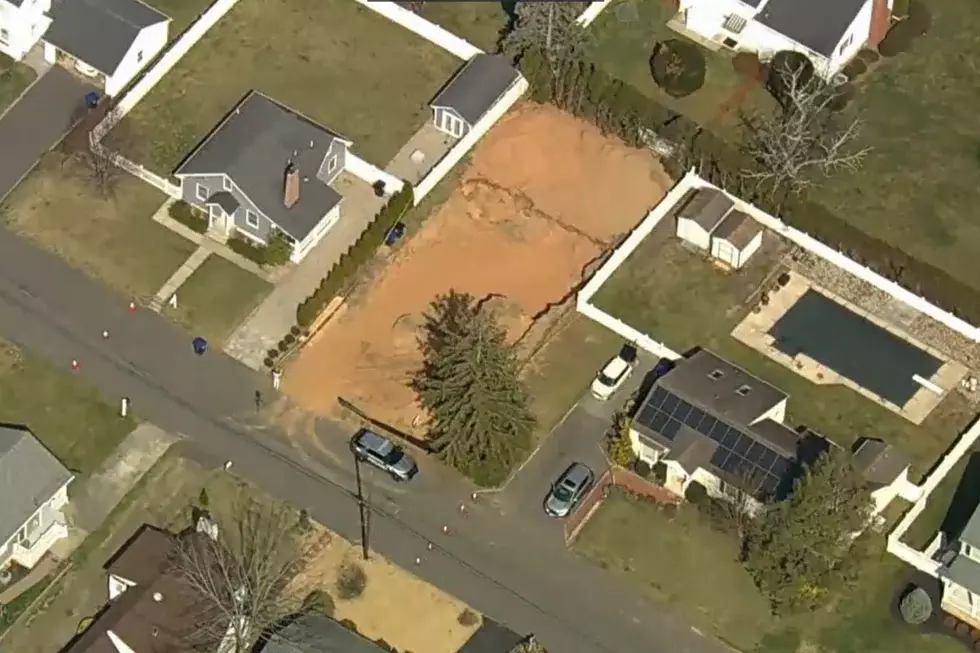![Honeybees Took Hit During Harsh Winter [AUDIO]](http://townsquare.media/site/564/files/2014/04/166232800.jpg?w=980&q=75)
Honeybees Took Hit During Harsh Winter [AUDIO]
New Jersey's long, hard winter has taken its toll on honeybee colonies.
According to The Press of Atlantic City, 25 percent of the state's honeybee colonies have been destroyed by the cold and harsh weather conditions this winter and spring. In addition, honeybee colonies have also seen loses due to a parasite infestation.
Tim Schuler of the New Jersey Department of Agriculture told The Press of Atlantic City that bees normally have 15 days to gather pollen during the month of March, but this year they only had about five because of cold temperatures and snowfall.
"I saw a lot of those weaker colonies ending up dwindling down and dying," Schuler said.
Honeybees also found it challenging to find food because the harsh weather prevented them from leaving the hive.
"The resources the honeybee is depending on to live on such as honey stored in the hive as food is being depleted over the winter due to the extreme cold and also the temperature variations," said Jenny Carleo, an agricultural and resource management agent with the Rutgers New Jersey Agricultural Experiment Station.
The limited hive activity has a deleterious effect on the overall health of the colony and that directly affects New Jersey.
"They're very important in human food production. They pollinate about a third of our crops," Carleo said.
Carleo told The Press of Atlantic City that it's possible New Jerseyans could see higher prices at the supermarket for certain foods due to short supply of certain crops.
Some of the crops they pollinate include pumpkins, squash and various fruits.
More From WPG Talk Radio 95.5 FM










